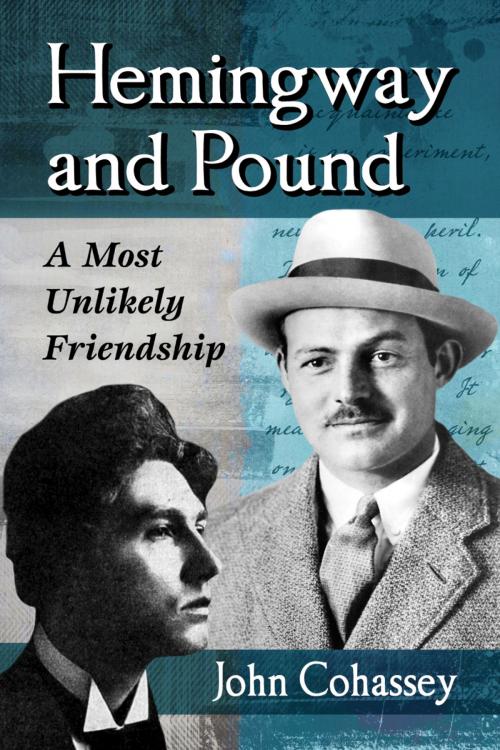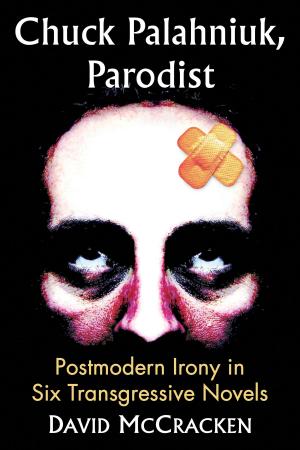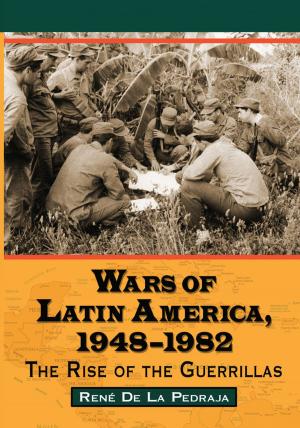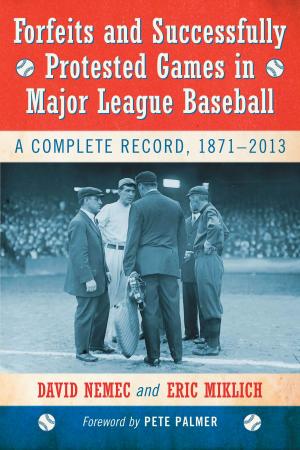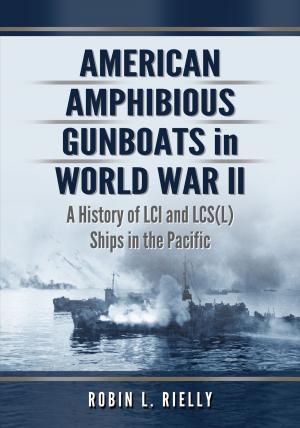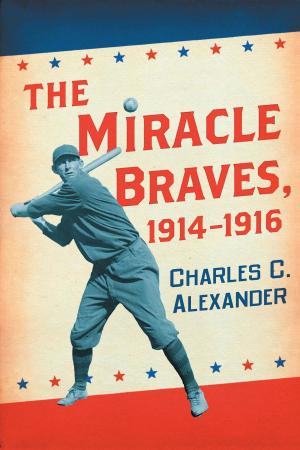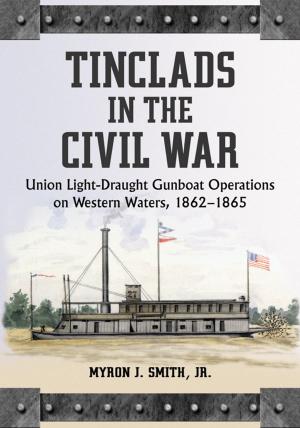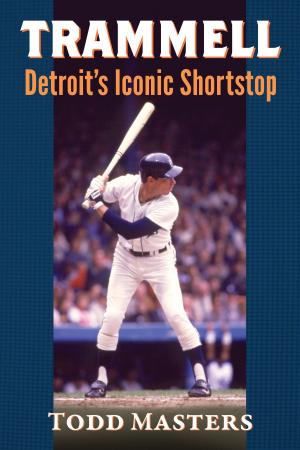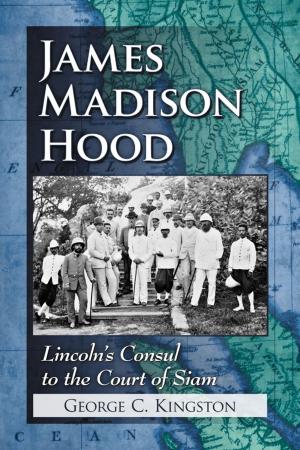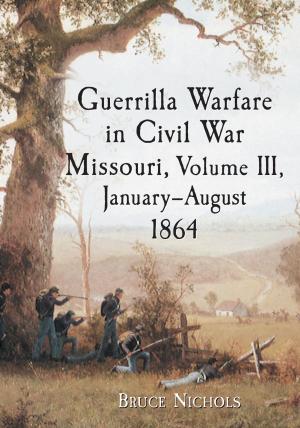Hemingway and Pound
A Most Unlikely Friendship
Fiction & Literature, Literary Theory & Criticism, Nonfiction, History| Author: | John Cohassey | ISBN: | 9781476616476 |
| Publisher: | McFarland & Company, Inc., Publishers | Publication: | July 9, 2014 |
| Imprint: | Language: | English |
| Author: | John Cohassey |
| ISBN: | 9781476616476 |
| Publisher: | McFarland & Company, Inc., Publishers |
| Publication: | July 9, 2014 |
| Imprint: | |
| Language: | English |
Unique individuals of fiery temperament, Ernest Hemingway and Ezra Pound made an odd pair on the streets of 1920s Paris. If the elder cane-carrying Pound appeared the out-of-date poet, Hemingway was the epitome of his generation’s Flaming Youth. Meeting on the high ground of art, these two literary giants formed a friendship that survived until Hemingway’s death. During their short time together in Paris, Pound edited Hemingway’s early work. Over decades Hemingway considered Pound a major poet and read The Cantos as they appeared in little magazines and published volumes. Eventually living in countries half a world apart, Hemingway and Pound maintained a lively and sometimes contentious correspondence. When Pound was incarcerated in America for his World War II broadcasts over Radio Rome, Hemingway played a vital role in freeing his old poet friend—the man who edited his early work, the “good game guy” whose wit and brilliance he never forgot. This narrative of a friendship lays bare the triumphs and tragedies of two giants of modern literature.
Unique individuals of fiery temperament, Ernest Hemingway and Ezra Pound made an odd pair on the streets of 1920s Paris. If the elder cane-carrying Pound appeared the out-of-date poet, Hemingway was the epitome of his generation’s Flaming Youth. Meeting on the high ground of art, these two literary giants formed a friendship that survived until Hemingway’s death. During their short time together in Paris, Pound edited Hemingway’s early work. Over decades Hemingway considered Pound a major poet and read The Cantos as they appeared in little magazines and published volumes. Eventually living in countries half a world apart, Hemingway and Pound maintained a lively and sometimes contentious correspondence. When Pound was incarcerated in America for his World War II broadcasts over Radio Rome, Hemingway played a vital role in freeing his old poet friend—the man who edited his early work, the “good game guy” whose wit and brilliance he never forgot. This narrative of a friendship lays bare the triumphs and tragedies of two giants of modern literature.
